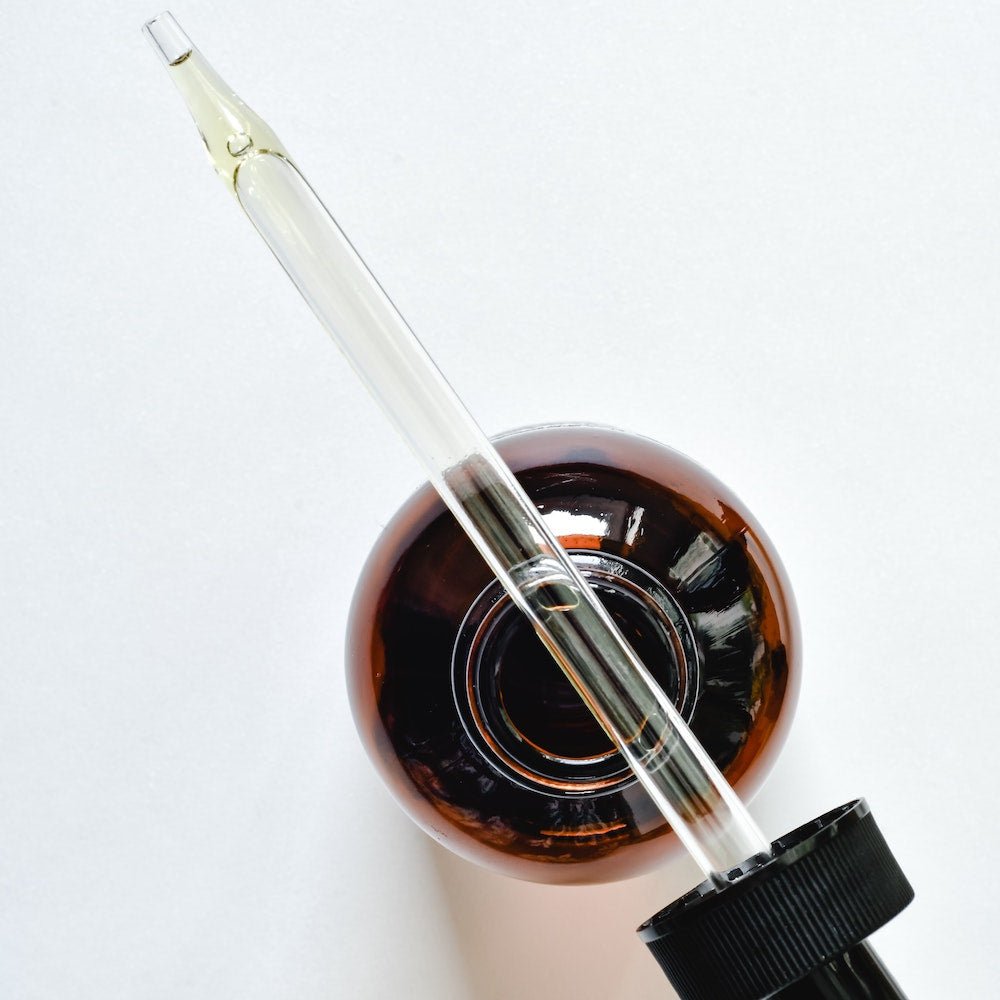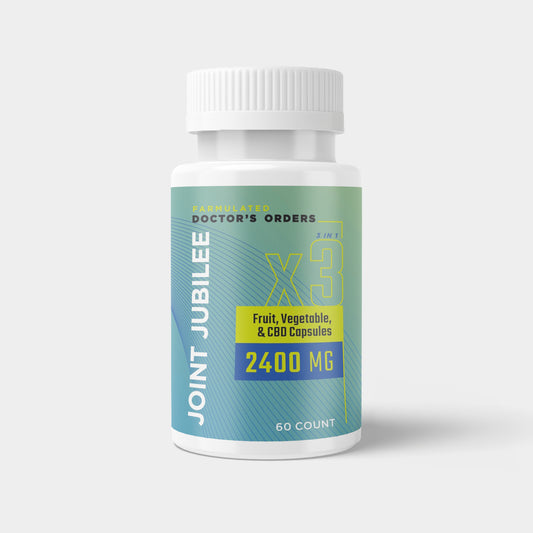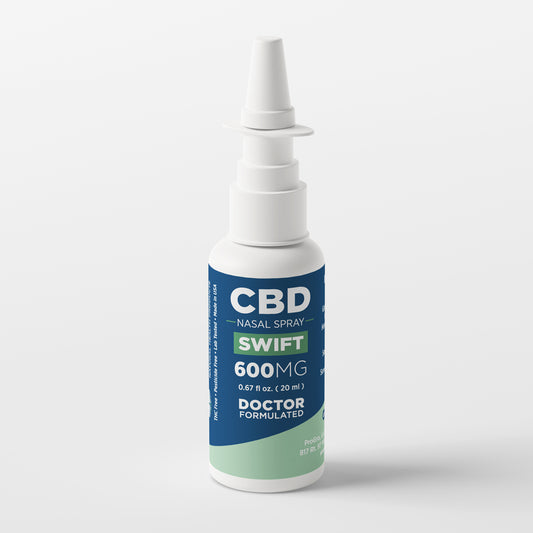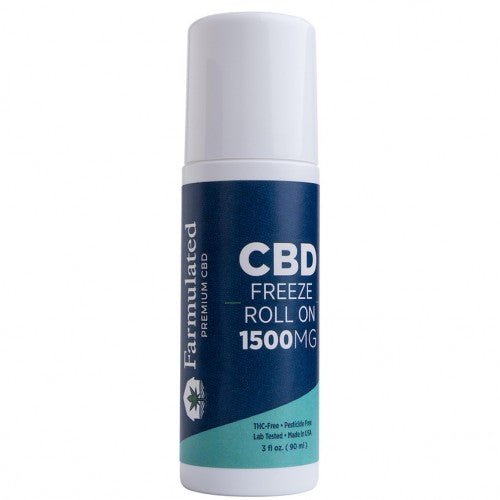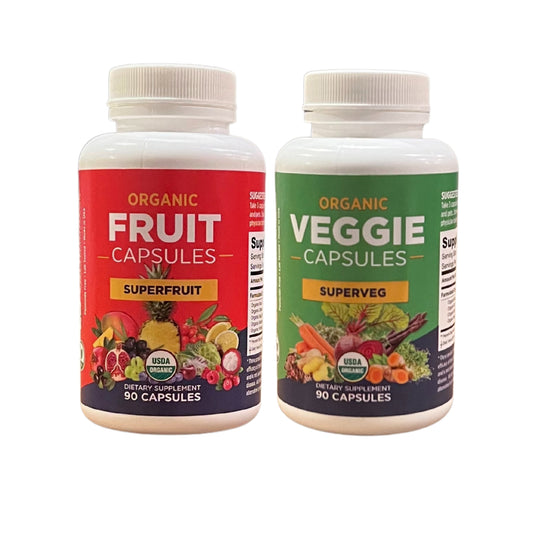What does it mean to tolerate something? For most, the word tolerance boils down to gradually learning to put up with something previously deemed irritating or overstimulating, or to adapt to a stimulus that is foreign to the body. If we nix the negative connotation often tied to tolerating a person or thing, CBD tolerance has a similar overall meaning.
Building tolerance to CBD means your endocannabinoid system overly adapted to your standard CBD dosage and is no longer producing the desired results. Whether you use CBD to target chronic pain, inflammation, anxiety, insomnia or other health conditions, it is important for you to find a dosage where the positive effects produced by hemp-derived cannabis compounds can continue at a consistent dosage. Although it is highly unlikely you will develop a CBD tolerance significant enough to hinder the cannabinoids’ positive physiological effects, it is still important to understand the steps you can take to optimize CBD’s impact on your body.
Defining CBD Tolerance
Unlike other drug tolerances, studies show CBD tolerance does not lead to CBD dependency or addiction. In fact, a study published in Integrative Medicine: A Clinician’s Journal shows a daily CBD regimen has the potential to treat marijuana addiction due to CBD’s low levels of THC and overall nonaddictive, nonpsychoactive properties.1
Tolerance, when looking specifically at CBD, means your body acclimated to your current regimen and now requires a slightly higher dosage to achieve the same results. Don’t worry, as this is a completely normal response within your body! In fact, developing a tolerance to low-potency CBD signals your body is effectively working to achieve equilibrium, a state of internal balance.
How CBD Tolerance Begins
When you first begin taking CBD, your body may not immediately respond to the unfamiliar cannabinoids entering your system. Over time, the endocannabinoid system adapts to the new influx of cannabis plant compounds and responds by activating the cannabinoid receptors that work to regulate conditions like chronic pain, inflammation, anxiety, insomnia and more. The CBD dosage you begin at could very well be the perfect dosage for you, continuously working to balance your unique conditions under a typical daily regimen.
If you begin your CBD regimen at a relatively low dosage, however, your body may require more CBD to maintain adequate endocannabinoid system functioning. This could be as simple as switching from .5mL to 1 mL per dose or from a 500mg CBD oil tincture to the more common 1000mg CBD oil tincture, as starting small and titrating up tends to be the best method to find the safest, most impactful daily CBD doses for your body. If you for some reason do not wish to increase your CBD dosage, taking a brief break from your CBD routine may also allow your endocannabinoid system to reset to base levels.
Understanding Tolerance Vs. Dependence
The critical difference between tolerance to CBD and tolerance to other substances is that while you may not reap the precise level of wellness benefits you once did at a particular dosage, you will also not experience any troubling withdrawal symptoms. Uncomfortable physical withdrawal symptoms are typically what bridges drug tolerance to drug dependence, which tends to be the first phase of drug addiction.
In contrast to drug dependence or addiction, the CBD-producing hemp plant’s ideal balance of cannabinoids, terpenes and ultra-low levels of THC allow it to effectively treat conditions without overstimulating cannabinoid receptors unlike THC in high-potency recreational or medical marijuana. What happens when cannabinoid receptors are consistently overstimulated by high-THC products? Following euphoric highs and other psychoactive effects, once overused, users will experience a gradually weakened impact causing opposite effects in the form of drug-dependent withdrawal symptoms.
In addition to curbing marijuana addiction, a study of individuals with a history of heroin abuse showed CBD was an effective treatment to reduce drug cues such as cravings, rapid heart rate and elevated cortisol,2 providing further validation that CBD is not only nonaddictive but may also aid individuals in breaking addictive tendencies without adverse effects.
Are You at Risk of CBD Tolerance?
While it is necessary for your body to learn to tolerate the various hemp-derived CBD compounds upon beginning a regimen, the simple answer is probably not, as developing a tolerance to CBD that inhibits an adequate endocannabinoid system response is highly unlikely. There is no current data of CBD users developing tolerances from too much CBD and Farmulated has personally never received any tolerance-related customer feedback.
Tips to Optimize Your CBD Dosage
This is great news for the thousands of people curious about CBD or just beginning to sample dosages for an effective daily routine. For those still concerned about optimizing their CBD dosage to achieve the best response, here are a few things to consider:
1. Full spectrum CBD oil offers the greatest opportunity to target troubling conditions.
This is because a full spectrum of cannabinoids, terpenes and low-level THC can trigger what is known as the entourage effect, which is best summarized as the whole being greater than the sum of its parts, aka hundreds of cannabis compounds. Isolate, or pure cannabis oil extract, is still a great option for those looking to completely avoid THC but may not produce as comprehensive of results.
2. 1000mg CBD oil will have a profoundly different effect than 500mg CBD oil.
1000mg CBD oil is double the potency of 500mg oil, serving up 33.33mg of hemp-derived CBD extract per 1 mL dose versus 16.67mg per dose. Not all 30 mL CBD bottles are created equal, and while a 500mg bottle of CBD oil may provide a perfect dosage for a friend, your body may require the 1000mg CBD bottle.
3. CBD oil is faster-acting than CBD topicals, capsules and edibles.
If you begin a CBD oil regimen and then switch over to a different form of CBD, you may notice a lack of results in the hours after consumption or application. This is because the sublingual, or “under-the-tongue”, delivery system of oil allows CBD to dissolve into your bloodstream more rapidly. We at Farmulated recommend those maintaining CBD regimens to always include CBD oil to maintain consistent therapeutic effects, then add CBD topicals, capsules and edibles as needed.
4. The quality of your CBD is critical to achieving results.
In a saturated market of low-quality cannabis products, there tends to be plenty of outsourced CBD companies concealing ingredient lists or worse, pushing cheap hempseed oils masquerading as CBD! To break through the abundance of CBD industry noise, we at Farmulated always provide customers a third party-tested certificate of analysis identifying the full chemical composition of our CBD products, including the precise percentage of hemp-derived CBD extract. Without knowing how much CBD you are ingesting, it is impossible to gauge if your CBD products are working effectively.
For us at Farmulated, crafting safe, effective CBD products that will work for our customers has always been our goal, and one best accomplished by growing our own hemp for quality control, creating products with different potencies and delivery systems for individual needs and third-party testing our formulations for full customer transparency. Keeping these principles in mind, the proper dosage should prevent CBD tolerance while improving your overall health and wellness for many years to come!
Sources:
- Shannon, S., & Opila-Lehman, J. (2015, December). Cannabidiol oil for decreasing addictive use of marijuana: A case report. Integrative Medicine (Encinitas, Calif.). Retrieved June 27, 2022, from https://www.ncbi.nlm.nih.gov/pmc/articles/PMC4718203/
- Mount Sinai Health System. (2019, May 21). CBD reduces craving and anxiety in people with heroin use disorder. Mount Sinai Health System. Retrieved June 27, 2022, from https://www.mountsinai.org/about/newsroom/2019/cbd-reduces-craving-and-anxiety-in-people-with-heroin-use-disorder

